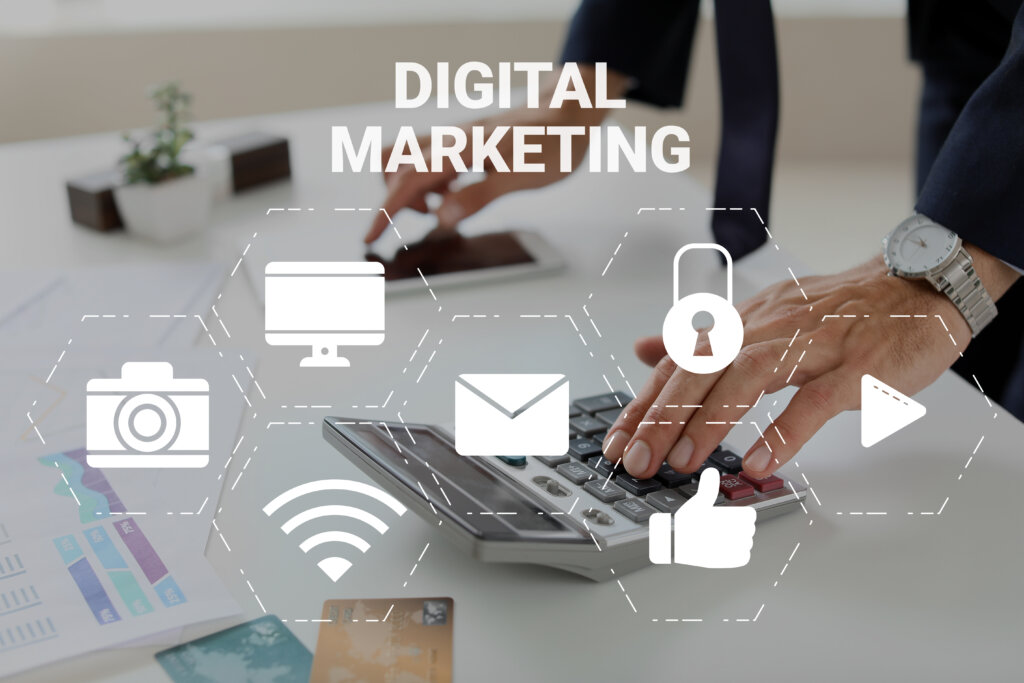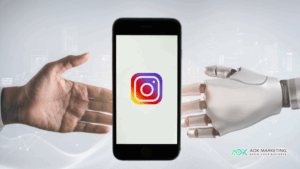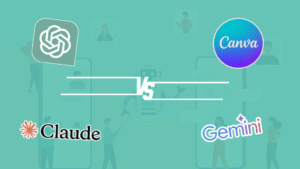The digital marketing landscape is constantly changing, with new technologies and platforms always emerging. Marketers must stay on top of the latest trends to stay competitive.
In 2023, we can expect to see several new and exciting trends shaping the future of digital marketing. These include the rise of artificial intelligence, the increased use of virtual and augmented reality, the growing importance of influencer marketing, and the continued rise of video content.
Other key trends to watch out for include the increasing importance of personalization and data-driven marketing and the growing role of artificial intelligence and automation in digital campaigns. Understanding these trends and how to leverage them effectively will be crucial for businesses looking to succeed in the digital landscape of the future.
As these trends evolve and mature, they will present new market opportunities and challenges. It will be important for them to stay adaptable and agile to keep up with the rapid pace of change.

AI and machine learning
Artificial intelligence (AI) and machine learning (ML) rapidly transform digital marketing. The use of AI and ML technologies allows for the automation of repetitive tasks, more accurate data analysis, and the ability to personalize marketing campaigns for individual customers.
For example, AI-powered chatbots can handle customer inquiries 24/7, while ML algorithms can analyze customer data and predict their behavior, allowing for more targeted and effective marketing strategies. You can also use AI and ML to optimize ad campaigns and improve website design, resulting in higher conversion rates.
Incorporating AI and ML in digital marketing is expected to become increasingly prevalent in the coming years. It will be essential to any successful digital marketing strategy in 2023.
Cases and examples of AI and machine learning in digital marketing
AI and machine learning are used in various ways to revolutionize digital marketing.
One example is programmatic advertising, where AI algorithms can analyze data on consumer behavior and interests to target ads to the most relevant audience. Another example is using AI to optimize website personalization, such as recommending products or content based on a user’s browsing history.
These are just a few examples of how AI and machine learning are utilized in digital marketing.
Additionally, AI-powered chatbots can improve customer service and engagement by providing 24/7 assistance and personalized responses. As technology advances, the possibilities for innovation in this field will only continue to grow.
Potential benefits and challenges of using AI and machine learning in digital marketing
Artificial intelligence (AI) and machine learning in digital marketing can bring several benefits, such as improved targeting and personalization, automated decision-making, and efficient data analysis.
With the ability to process vast amounts of data and identify patterns, AI can help businesses make data-driven decisions and optimize their marketing strategies. Additionally, AI-powered chatbots and virtual assistants can provide 24/7 customer service, improving the customer experience and increasing conversions.
However, implementing AI in digital marketing also comes with its own set of challenges. One of the biggest concerns is the cost and resources required to implement and maintain AI technology. Additionally, there may be a need for more understanding and expertise in the field, making it difficult for businesses to leverage AI’s potential fully.
Privacy and security concerns may also arise with the collection and usage of customer data. Businesses need to weigh the potential benefits against the challenges and consider whether AI and machine learning fit their digital marketing strategy.
Influencer marketing
Influencer marketing is a form of digital marketing where brands partner with individuals with a large social media following to promote their products or services.
The rise of influencer marketing is driven by the increasing use of social media platforms, the shift toward visual content, and the growing trust in influencer recommendations. Influencer marketing allows brands to tap into new audiences, increase brand awareness, and drive sales.
Additionally, influencer marketing can provide valuable insights into consumer behavior, product trends, and audience demographics, which can help brands to improve their overall marketing strategy. As digital marketing continues to evolve, influencer marketing is expected to play an increasingly important role in the industry.
Best practices for working with influencers
When working with influencers, it is important to set clear goals and objectives for the partnership, such as increasing brand awareness or driving sales.
Researching and selecting influencers that align with your brand values and target audience is also important. Be transparent with influencers about your expectations and the compensation you are offering.
Also, establish clear guidelines for content creation and ensure that the content produced aligns with your brand’s message and aesthetic. Finally, track and measure the campaign’s performance to determine its effectiveness and make adjustments as needed.
Interactive content
Interactive content is any digital content that requires user input or engagement. Examples include quizzes, polls, surveys, and interactive videos.
Interactive content has become increasingly popular in digital marketing as it offers a fun and engaging way to connect with audiences. It also allows businesses to collect valuable customer data and gain deeper insights into their preferences and behavior.
Additionally, interactive content can drive conversions by providing a more personalized experience and helping users to make better-informed decisions.
As digital marketing continues to evolve, businesses should consider leveraging the power of interactive content to engage customers and drive results.
Types of interactive content and their uses
Quizzes are an effective way to generate leads and gain insights into customer preferences. They can also educate customers about products or services, build brand loyalty, and drive conversions.
Polls are great for measuring customer sentiment about a product or service quickly. You can also use them to create content relevant to the customer’s interests.
Surveys are powerful tools for collecting detailed customer feedback and improving products or services. You can use them to understand customer behavior, identify improvements, and measure customer satisfaction.
Interactive videos are engaging ways to capture attention and drive conversions. They can also help customers make informed decisions by providing additional information about products or services.
Ultimately, interactive content is a powerful tool for digital marketers and can be used to engage customers, drive conversions, and generate valuable insights. By understanding the different types of interactive content and how you can use them, businesses can create more effective strategies to help them achieve their goals.
Voice search optimization
Voice search optimization refers to optimizing website content and keywords to improve the chances of being found when people use voice search to find information. Voice search is becoming increasingly popular as more people use voice assistants like Amazon’s Alexa, Google Home, and Apple’s Siri.
To optimize for voice search, it’s important to use natural language and long-tail keywords and structure the website content to make it easy for search engines to understand. Additionally, including structured data and schema markup can help search engines understand a website’s content and improve its chances of being found through voice search.
Other best practices for voice search optimization include including natural-sounding questions and answers on the website and ensuring that the website is mobile-friendly and loads quickly.
Final Thoughts
Digital marketing is constantly evolving, and the trends of 2023 will reflect this. The incorporation of AI and machine learning, the rise of influencer marketing, the growing importance of interactive content, and the adaptation to voice search optimization will all play a significant role in shaping the future of digital marketing. Marketers must stay informed and adapt their strategies to stay ahead of the game.
As technology advances, we can expect more innovative uses of AI and machine learning in digital marketing.
Interactive content will also become increasingly prevalent as audiences crave more engaging and personalized experiences. Influencer marketing will continue to grow in popularity and importance, and voice search optimization will become essential for businesses to stay competitive.
Keep an eye out for these trends, and be prepared to adapt your digital marketing strategies accordingly.
About The Author
Rehj
With over 15 years of experience in copywriting, Rehj has established a reputation as a highly skilled and talented wordsmith. Rehj has honed their craft throughout her career, consistently producing top-quality content for various audiences and industries.
Her ability to understand their target audience, craft compelling narratives, and write in a style that resonates with their audience has made them a sought-after copywriter in their field. Rehj’s passion for writing and commitment to producing top-notch content has driven their success and established them as a trusted voice in copywriting.





